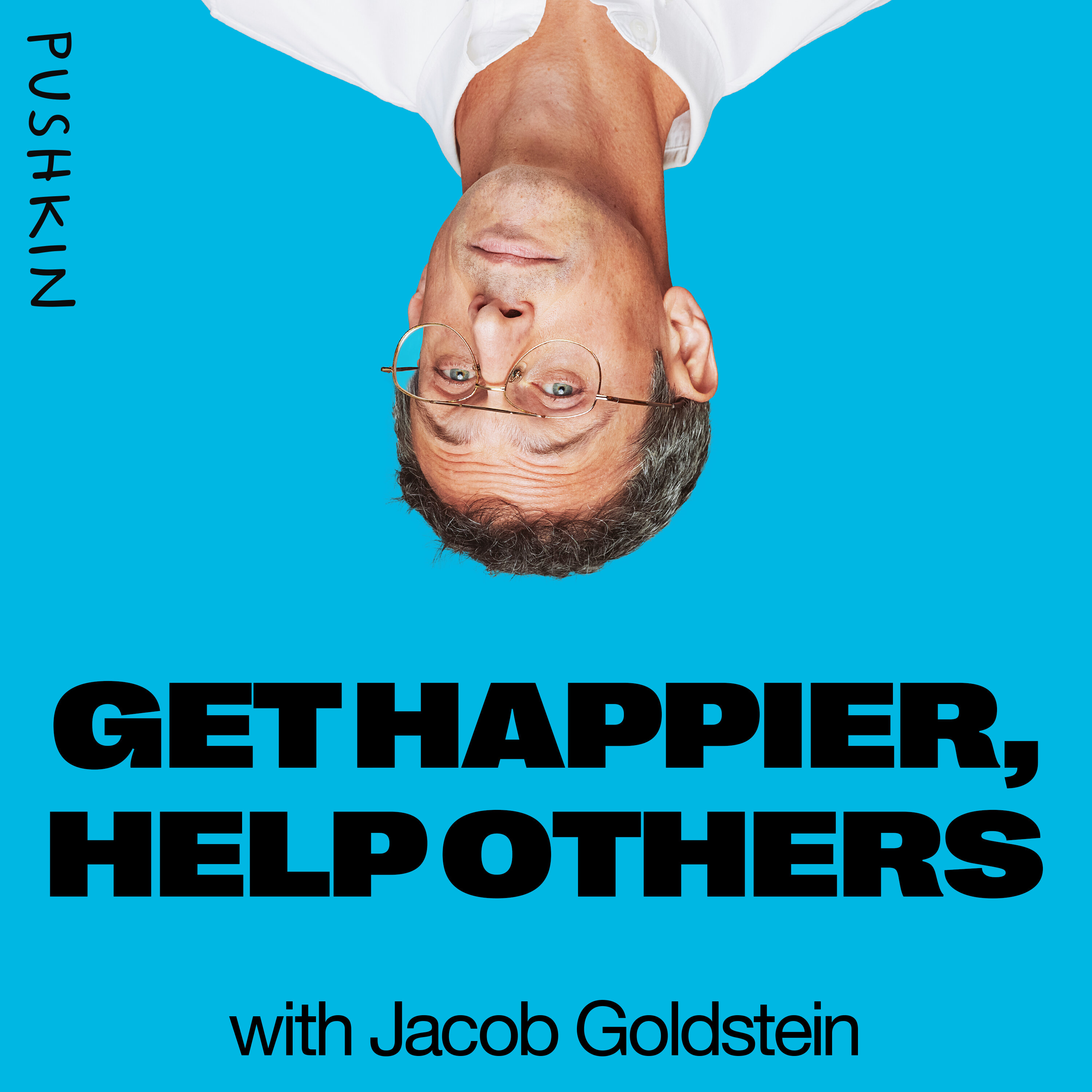
Get Happier, Help Others: Some Good Ideas About Giving

Cautionary Tales with Tim Harford
Deep Dive
Why does giving money to others make us happier than spending it on ourselves?
Research shows that giving money to others increases our happiness more than spending it on ourselves. Studies, such as those by Elizabeth Dunn at the University of British Columbia, demonstrate that people feel happier when they spend money on others, even when they predict they’d be happier spending it on themselves. This is due to a psychological disconnect where we overthink the act of giving, while recipients experience pure positive emotions.
What are some of the most effective charities according to GiveWell?
GiveWell identifies four highly effective charities: the Against Malaria Foundation, which distributes malaria nets; Malaria Consortium, which provides preventative malaria medicine to children; Helen Keller International’s Vitamin A Supplementation Program, reducing child mortality; and New Incentives, offering conditional cash transfers to encourage immunization.
How does GiveDirectly use unconditional cash transfers to help people in poverty?
GiveDirectly provides unconditional cash transfers, typically $1,000, to people in extreme poverty. This allows recipients to invest in life-changing assets, such as starting businesses, repairing homes, or buying essentials like mattresses. The approach leverages individuals’ knowledge of their own needs, leading to sustainable improvements in their lives.
Why do people often underestimate the happiness they gain from giving?
People underestimate the happiness gained from giving because they overthink the act of giving, focusing on whether they’re doing it “right” or if the recipient will feel obligated. Recipients, however, focus on the positive gesture itself, leading to greater happiness than the giver anticipates. This psychological disconnect causes people to misjudge the emotional benefits of generosity.
What is the role of friction in charitable giving?
Friction, such as uncertainty about where to donate or how to give, often prevents people from donating. Reducing this friction, for example, by providing easy donation platforms or clear information about effective charities, can significantly increase charitable behavior. Making giving a habit also reduces friction over time.
How does GiveWell’s approach differ from traditional philanthropy?
GiveWell focuses on evidence-based philanthropy, rigorously evaluating charities to determine which ones deliver the most impact per dollar. Unlike traditional philanthropy, which often emphasizes donor satisfaction or overhead ratios, GiveWell prioritizes measurable outcomes, such as lives saved or poverty reduced, ensuring donations have the greatest possible effect.
What surprising impact did GiveDirectly have in a Rwandan community?
In Kabobo, Rwanda, GiveDirectly provided $1,000 cash transfers to residents, leading to transformative investments. One couple used the money to start a pub, which became a community hub and later expanded into a grocery store. This demonstrates how unconditional cash transfers can empower individuals to create sustainable economic opportunities.
Why do poker players often exhibit generous behavior?
Poker players, particularly those characterized as 'degens,' are often generous because they embrace risk and value experiences over money. This mindset extends to charitable giving, with many poker players donating significant amounts to causes they care about, often matching donations or supporting community initiatives.
What is the estimated cost to save a child’s life through effective charities?
According to GiveWell, approximately $5,000 can avert the death of a young child in a low-income country when donated to highly effective charities. This highlights the significant impact that relatively small donations can have in addressing global health crises like malaria and malnutrition.
How has GiveWell influenced the charity sector’s focus on evidence?
GiveWell has incentivized charities to prioritize evidence-based outcomes by directing significant funding to organizations that demonstrate measurable impact. This shift has encouraged more charities to adopt rigorous evaluation methods, improving the overall effectiveness of global philanthropic efforts.
Shownotes Transcript
It's the season of giving: colorful paper and shiny bows, sure, and charitable giving, too. In this special episode, Jacob Goldstein, the host of What's Your Problem), gets smart about donating.
Did you know that spending money on others makes you happier than spending money on yourself? Or that altruistic nerds have discovered four of the most impactful charities in the world (per dollar spent)? Have you ever wondered how poker players think about giving?
Dr. Laurie Santos from The Happiness Lab, Elie Hassenfeld of GiveWell, and Nate Silver and Maria Konnikova from Risky Business talk about how to maximize your giving – and why you’ll be happy you did.
Link to donate: https://givingmultiplier.org/happinesslab)Listen to The Happiness Lab with Dr. Laurie Santos) Listen to Risky Business)
See omnystudio.com/listener) for privacy information.